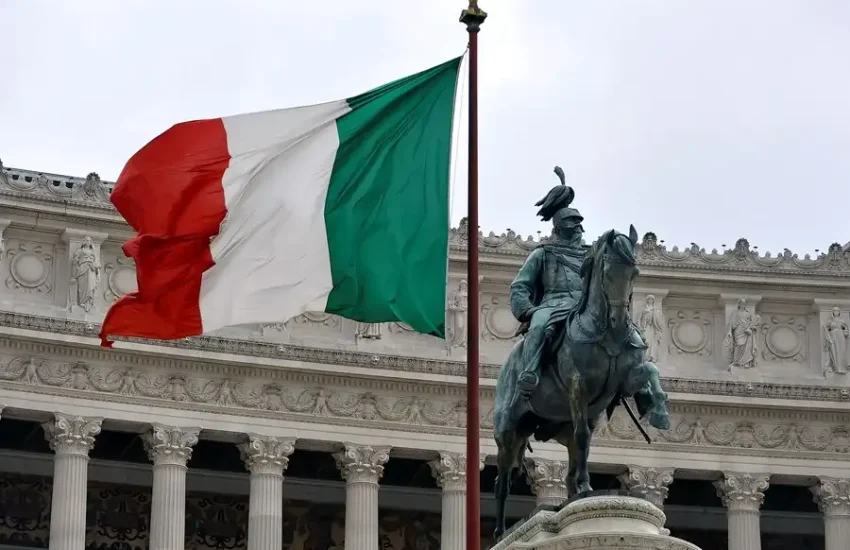The Farnesina, headquarters of Italy’s Ministry of Foreign Affairs, is at the center of an investigation that threatens to shake the government. According to preliminary findings by the Rome Prosecutor’s Office, Italian diplomats allegedly participated in a scheme involving the illegal sale of visas to foreigners, with profits estimated in the millions of euros.
The ministry is headed by Deputy Prime Minister and Foreign Minister Antonio Tajani, one of the leading figures of the Forza Italia party and a direct ally of Giorgia Meloni. Although Tajani is not officially under investigation, the department under his leadership is the main focus of the inquiry.
Investigation and suspicions
According to sources close to the investigation, the scheme involved granting residence and work visas in exchange for illicit payments to intermediaries and consular officials. Part of the transactions reportedly took place in Italian consulates in African and Asian countries, as well as in diplomatic missions in the Middle East.
Investigators are probing the existence of a structured network involving mid- and high-ranking diplomats. The case is being treated as a priority by the Rome Prosecutor’s Office due to the risk of institutional damage and international repercussions.
The Farnesina confirmed in a statement that it is cooperating with authorities and has opened an internal investigation to identify those responsible. “The Ministry is committed to ensuring transparency and legality in all its activities,” the statement said.
Political pressure on Tajani
The revelation of the case comes at a sensitive time for the Italian government. Antonio Tajani, in addition to being Foreign Minister, is Deputy Prime Minister and a key figure in maintaining the balance of the right-wing coalition led by Meloni.
The opposition is demanding public explanations and questioning the ministry’s internal control capacity. Center-left lawmakers are calling for Tajani to appear before Parliament to detail the measures being taken.
The Italian press highlights that the episode may have diplomatic repercussions and affect Italy’s international image, especially amid the review of European migration policies.
Electronic identity for Italians abroad
Amid the crisis, the government approved a measure with a positive impact for the Italian community abroad.
Starting in June 2026, citizens registered with AIRE (Registry of Italians Residing Abroad) will be able to apply for the new Italian electronic ID directly in municipalities within Italy.
The decree, already approved by the Chamber of Deputies, awaits a Senate vote, which is considered guaranteed due to the government’s majority. The initiative aims to simplify access to official documents, reducing queues and travel to consulates, while allowing the ID to be used as a travel document in specific cases.
The measure is seen as a practical response to criticism over bureaucratic delays and limited access to consular services, especially following recent scandals.
International repercussions
Experts believe the Farnesina case could become a political and ethical test for the Meloni government.
Italy, which has recently tightened migration controls and advocated strict border policies, now faces allegations that expose internal weaknesses in its system.
Meanwhile, Tajani is trying to contain the fallout and reaffirm his ministry’s commitment to “legality and integrity.” The outcome of the investigation could determine the political future of the foreign minister and potentially affect the balance within the Italian government.









